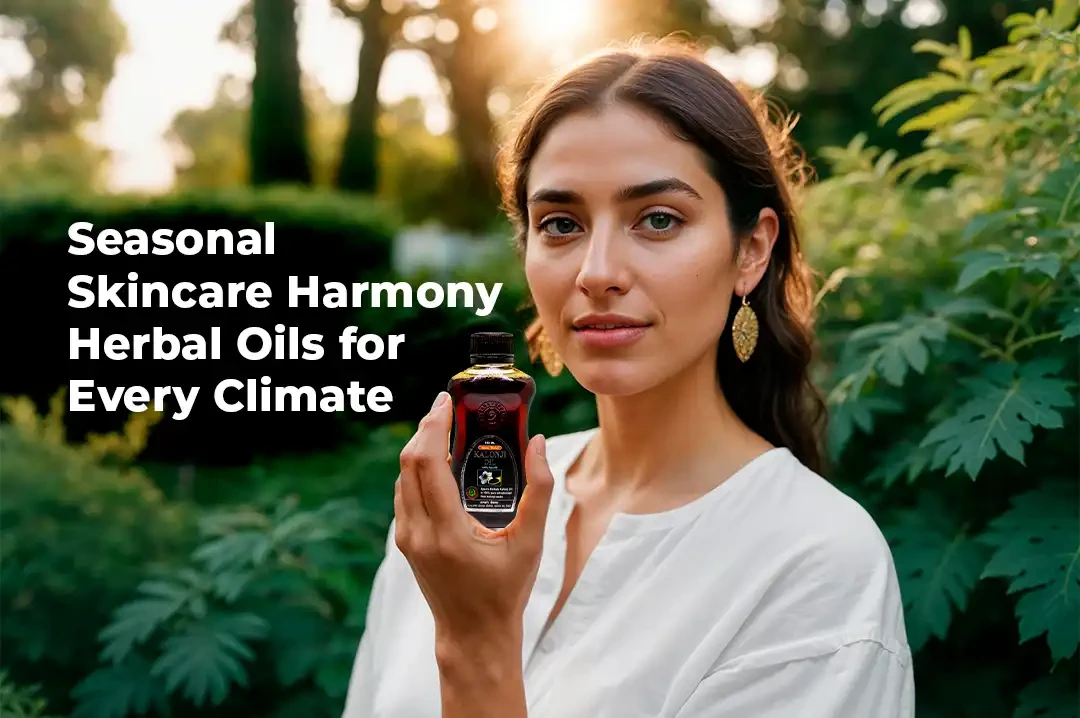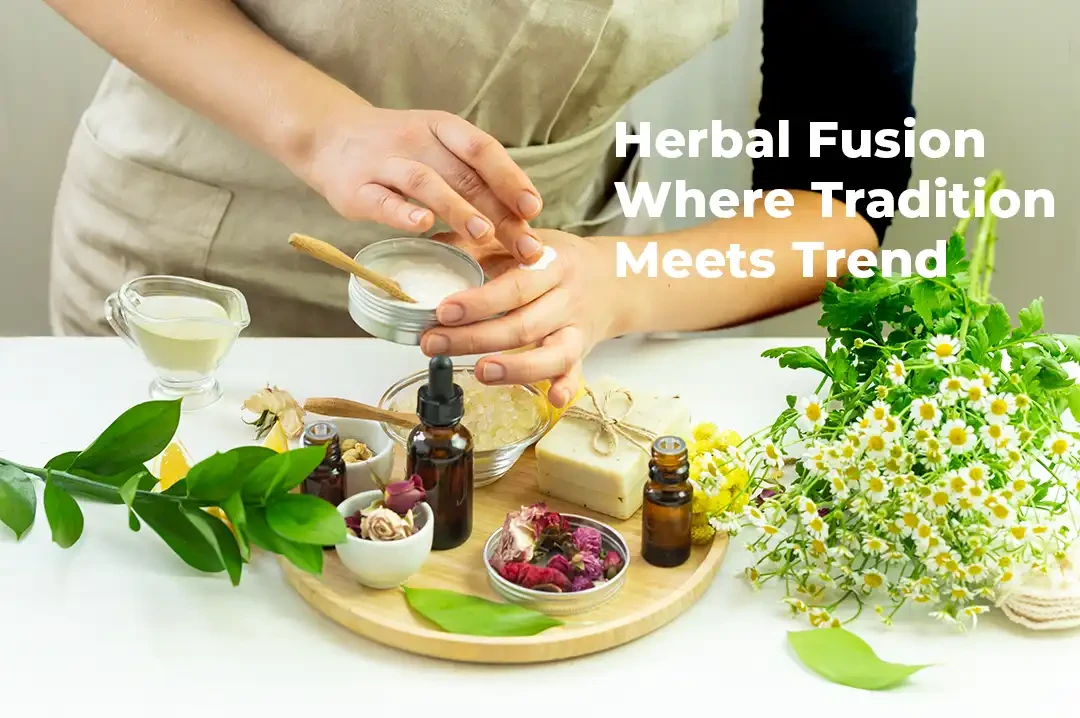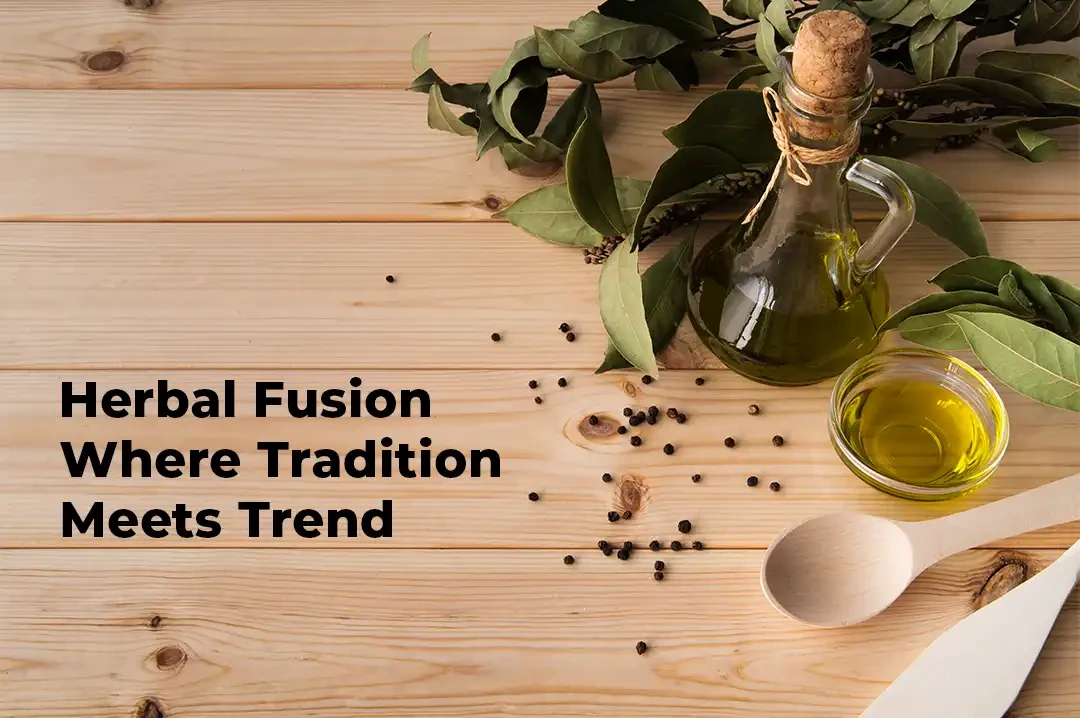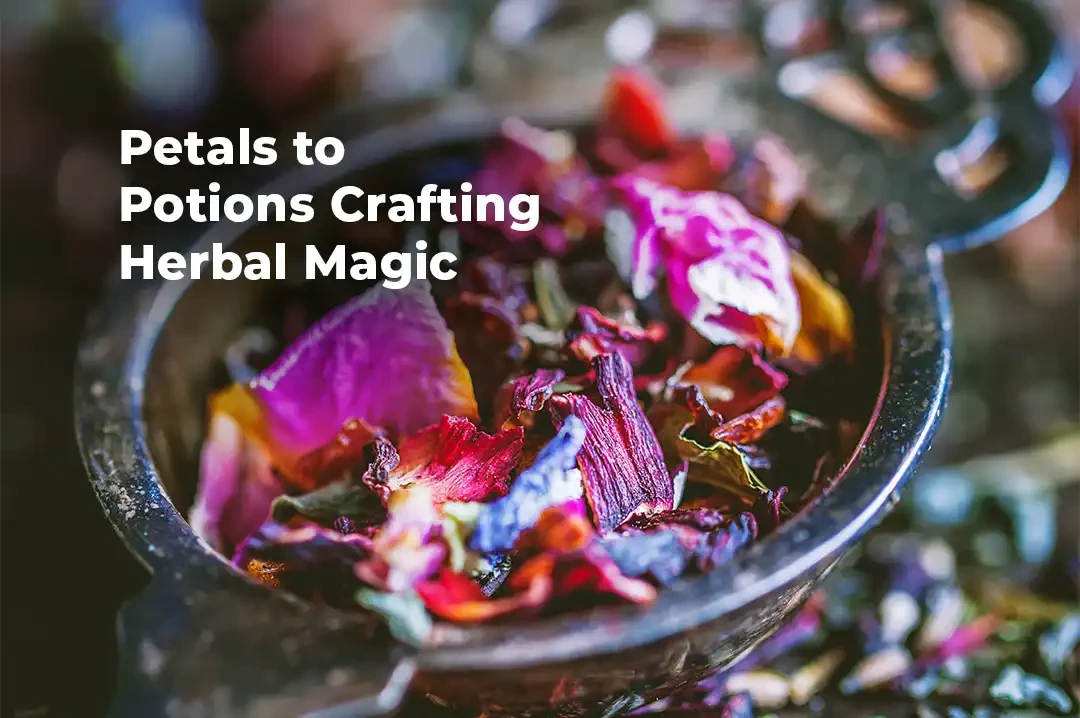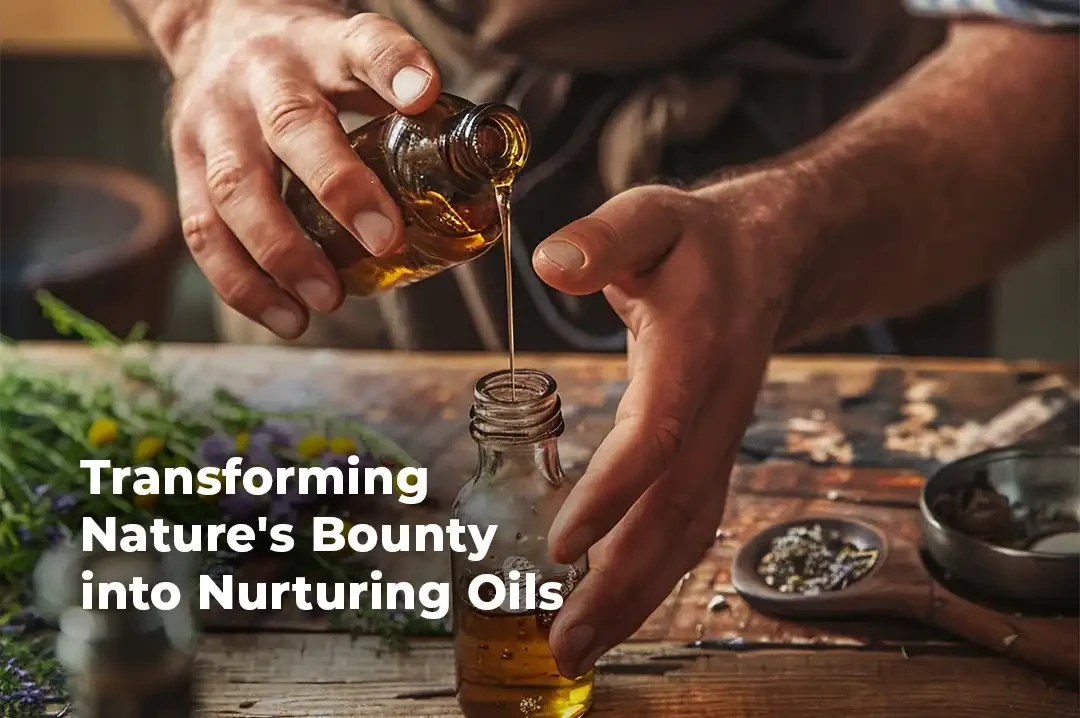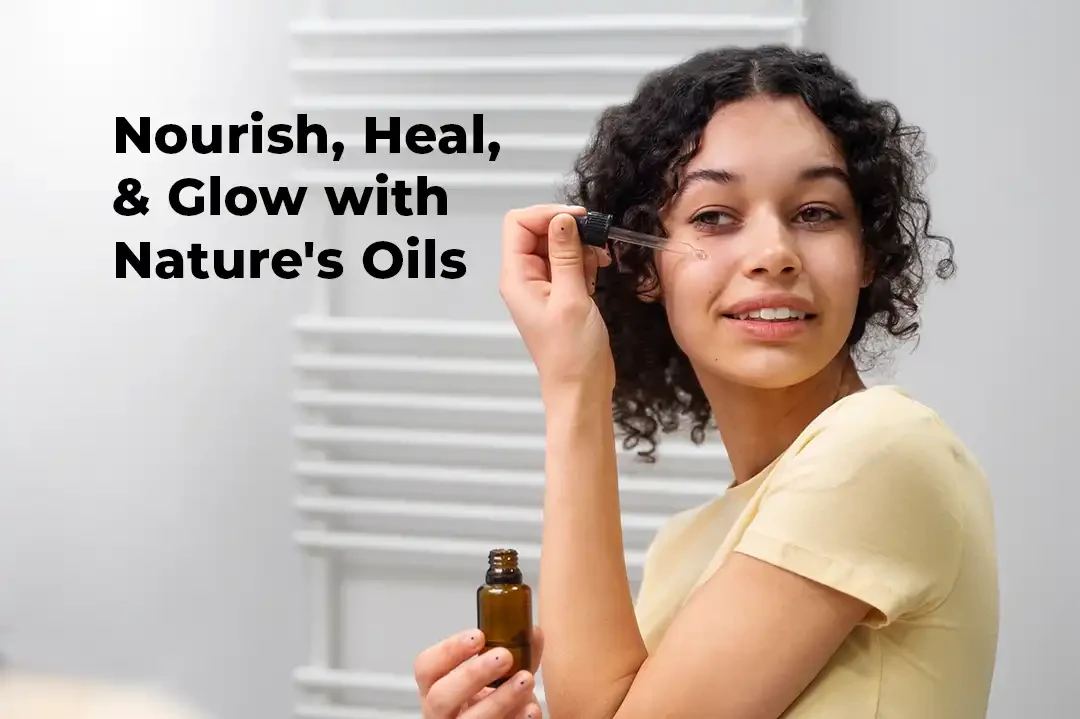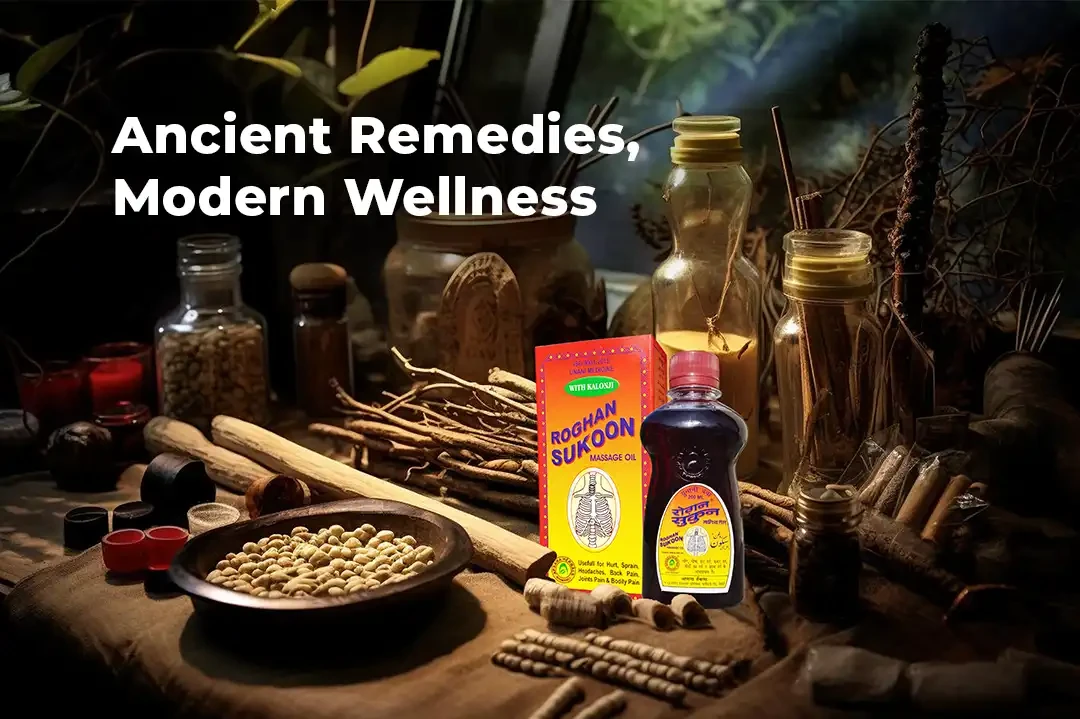What Are Essential Oils, and Do They Work?
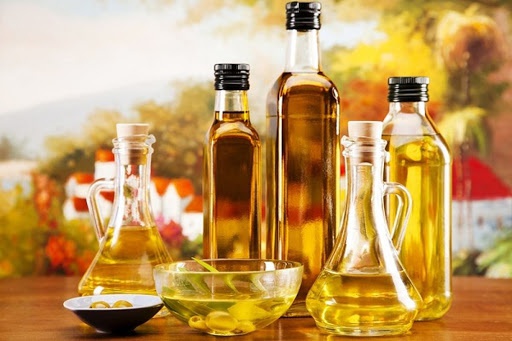
What is an essential oil?
Compounds derived from plants are known as essential oils. The oils absorb the “essence” of the herb, which includes its fragrance and taste. Every essential oil has its distinct fragrance thanks to its unique aromatic compounds. Distillation (with steam and/or water) or mechanical processes, such as cold pressing, are used to extract essential oils.
After the aromatic chemicals have been removed, they are blended with a carrier oil to produce a ready-to-use commodity. Essential oils produced by chemical methods are not called true essential oils, so the method through which the oils are created is important.
Essential oils for skin
Aromatherapy, in which essential oils are inhaled by different techniques, is the most popular use of essential oils. Essential oils cannot be taken by mouth. Critical oils include chemicals that can communicate with the body in several ways. Any plant chemicals are consumed as they are added to the skin.
Certain application techniques, such as adding heat or applying it to various sections of the body, are assumed to assist with absorption. However, there isn’t a lot of research done in this field.
Essential oil aromas will activate regions of your limbic system, which is a portion of your brain involved in thoughts, attitudes, sense of smell, and long-term memory. Surprisingly, the limbic system plays a significant role in memory formation. This can help to understand why such smells elicit certain memories or feelings.
The limbic system is often involved in the regulation of several implicit physiological processes, including ventilation, pulse rate, and blood pressure. As a result, certain people believe essential oils have a physical impact on the human body.
Essential oils for hair
One advantage of essential oils is that they can help in hair hygiene. Oils may be used for a variety of purposes, including hair growth, power, and shine.
The lavender essential oil will help you grow your hair faster. Lavender essential oil is one of the most widely produced and flexible aromatherapy essential oils. The oil, which is distilled from the herb Lavandulaangustifolia, is thought to help with anxiety, fungal diseases, asthma, exhaustion, insomnia, eczema, nausea, and menstrual cramps.
Peppermint oil is aromatic oil that is used to treat a variety of ailments. When peppermint oil improves airflow to the region it’s added to, it may induce a cool, tingling sensation. During the anagen (or growing) process, this may help to stimulate hair development.
Rosemary essential oil is number three on the list of essential oils to use. Because of its potential to increase cellular generation, rosemary oil is an excellent alternative for improving both hair thickness and hair formation. According to one, rosemary oil was just as successful as minoxidil, a traditional hair growth drug, but with fewer side effects including scalp scratching.
Conclusion : Essential oils are derived from plants through distillation or evaporation techniques. Essential oils are known for their aromatic qualities, but they also have powerful chemical properties that can be helpful to one’s wellbeing.
Posted in Essential Oils
